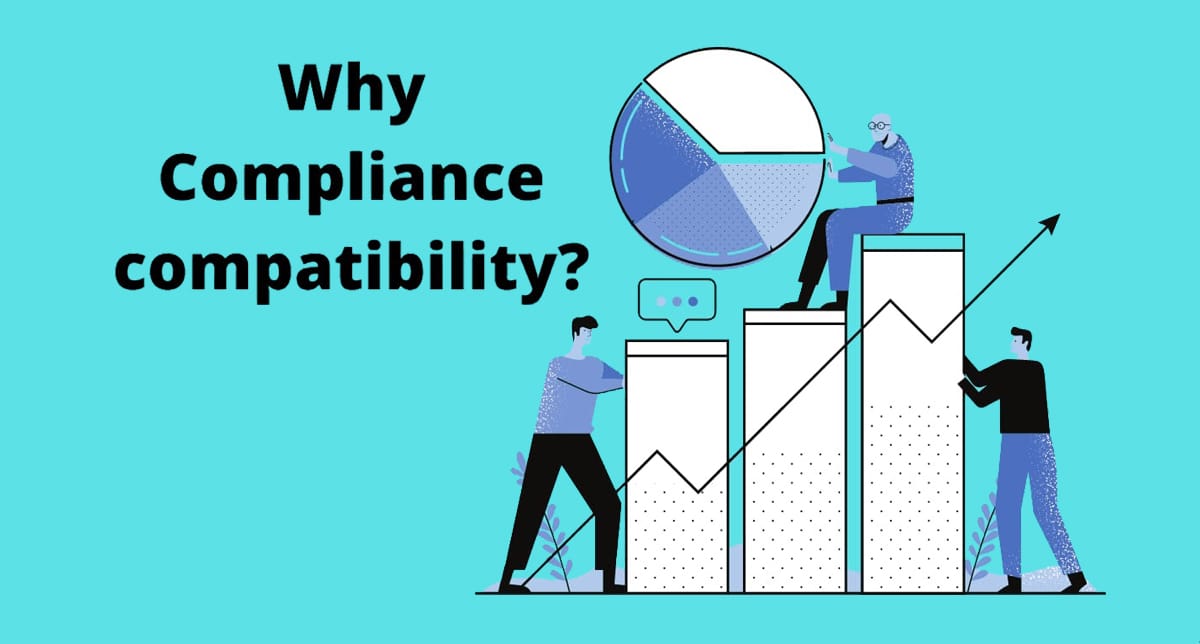Expansion of a company inevitably results in the growth of their data. This exponential increase in the volume of data in enterprises also results in a surge in its complexity and variety. With technology-led innovations transforming business ecosystems, the majority enterprises are readily making a shift towards a digital, cloud-based processing to manage the influx of copious amount of complex data. While this digital transformation enables an efficient and sustainable business processing, it also increases data privacy concerns.
This is where privacy regulations and data compliance comes in play. Such regulations and data compliance requirements span sensitive data covering for people, process and technology vulnerabilities regarding this data. Various compliance regulations and laws exist that ensure that businesses follow guidelines to guarantee data privacy.
Some of these regulations and laws are as follows:
- EU’s General Data Protection Regulation (GDPR)
- California Consumer Privacy Act (CCPA)
- Health Insurance Portability and Accountability Act (HIPAA)
- Payment Card Industry Data Security Standard (PCI DSS)
- Sarbanes-Oxley Act (SOX)
- Federal Information Security Management Act (FISMA)
More than 107 countries have laid out data privacy and protection laws, with more likely to follow.
Research indicates that over 90% of executives agree upon the importance of organizational integrity. Implementation of exemplary compliance, along with limiting regulatory and reputational risks, can also ensure that your business gains a competitive edge while providing utmost security to your customers and employees. But research suggests that any new privacy regulation takes a long time to be completely integrated, as companies acclimate to the provisions.
A Study on GDPR’s Effects on Enterprises
One of the biggest misconceptions regarding compliance regulations is that it demands a hefty investment. But in reality, firms that fail to ensure data compliance have to bear the expense of massive fines as well as loss of reputation, in case of compliance breach.
Two major companies had to pay up fines upward of $26 million and $56.6 million. This is one of the factors behind a sharp spike in enterprise projects, concerning privacy and data compliance, post introduction of a new regulation.
A study of several companies recognized that:
- Post effectuation of GDPR in 2018, projects regarding data and privacy increased by 2,200% from 2016 to 2019.
- In 2019 alone GDPR issued fines up to $449 million.
- The massive fines acted as a stimulus for companies, driving them to hire compliance officers and privacy executives, establishing the growth of a new C-suite role.
- GDPR caused a surge in the number of compliance officers, increasing it up to 56% in 2016-18 before fluctuating and dropping by 4%, from 2018-19.
- The study also revealed that hiring privacy execs was comparatively higher in major firms, than smaller businesses. This could be due to the higher influx of data in the former in comparison to the latter. Moreover, bigger firms face more risks concerning reputational and legal cases.
The transition towards data compliance in not immediate, and enterprises take time for proper regulation. Manually managing data subject access request (DSAR) can cost massive amounts, up to $240,000million records, and the procedure can be very complex and tedious. With data spanning across spreadsheets, documents, emails entailing customer information, etc, manual sorting of this amount of data can be impractical. Thus innovative compliance enablement solutions come in handy for this task.
Automation of Data Compliance
Despite data compliance being a complex task ,enterprises tend to follow through with it as privacy is the most pressing legal issue and has a major impact on company reputation and customer faith. Data compliance through modern, digital solutions, in contrast to manual compliance, does not break your bank. These modern solutions are economical as well as efficient, as they enable compliance with regulations with ease and speed, thanks to the power of automation.
These modern solutions can:
- Track down sensitive data sans any manual effort across all the departments of your enterprise.
- Identify vulnerabilities and recommend how to seal these gaps.
- Provide you guidance on how to remedy data compliance issues.
- Boost business workflow efficiency, while saving your company cost and time.
- Help minimize miscommunication between privacy execs and other employees by creating a single source of data and visibility for optimized collaboration.
- Liberate your employees from the mind-numbing task of manually sorting through massive piles of data.
Companies that fail to follow compliance regulations have to pay massive fines and, in case of sensitive data leakage, face legal issues; subsequently leading to a tarnished reputation. This can cause enterprises to go bankrupt and also result in distrust among their customers.
Thus a modern data compliance enablement solution is crucial for your company to unlock simplified compliance, as well as an efficient and sustainable business system.
If you’d like to explore optimizing data compliance for your organization, the ComplyD team would be glad to help. Leverage our SAP-native data discovery and compliance enablement tool. Enjoy comprehensive visibility through a user-friendly, unified dashboard with analytics. You’ll be able to take pro-actively take steps to meet any compliance regulations for ANY industry or geography. Our scientific, robust DASH approach discovers vulnerabilities and secures and hardens your perimeter to meet compliance regulations and avoid violations. If you’d like a taste of compliance simplified for your entire enterprise, please request a demo.




